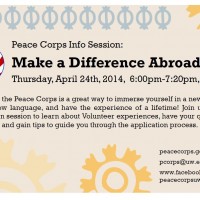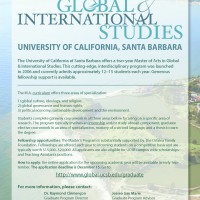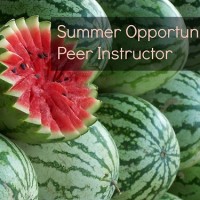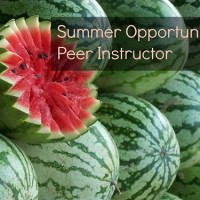Unique and Exciting Opportunity to Serve as Peer Instructor with Program on the Environment and UW International Educational Outreach
Only a few more positions remain available to upper-level undergraduate students from diverse program to assist as Peer Instructors with students from Japan (Keio University) from August 1st-21st. The course, “Humans and the Environment in the Pacific Northwest,” will expose the visiting students to topics ranging from forest ecology and water to green building and urban food sustainability. Peer Instructors will assist in leading activities (including field trips to places like Mt. Rainier, the Cascade Mountains, and the Bullitt Center and activities like hiking and canoeing) as well as in mentoring students on topic-based research projects. Students need to be available at least part-time and preferably full-time during the course period.
Benefits include:
· Fun field trips and learning.
· Potential T.A. course credit or capstone credits.
· Enhancement of resume-building skills including teaching, facilitating, and project management.
· Practice communicating with international students and development of friendships with Japanese youth.
· Training and mentoring from course instructor.
Comment from previous Peer Instructor:
“Not only do I now have the capability of teaching a class of non-native English speaking students, but I have an increased competence in working with a large teaching team and coordinating events amongst multiple parties to ensure the efficacy of lesson plans and safety of field trips. The Keio program gave me a taste of what I want to do and what I will always incorporate into my life…I am so proud to have been part of something so wonderful.”
Positions will be filled on a rolling basis in spring quarter 2012. Some experience in environmental studies and/or Japanese studies is preferred, but not required.
Please email course Instructor Megan Horst ASAP at horstm@uw.edu to be considered.
** A get-to-know you session for TAs will happen soon! Keep your eyes posted for more info!




